If you’re looking to master a new agent or just want to keep up with the in-game and esports trends, our VALORANT agent tier list, built upon the current agent meta and competitive map pool, is exactly what you need.
As of Episode Nine, Act Three, VALORANT’s diverse roster offers 25 agents, divided across four roles: Duelist, Initiator, Controller, and Sentinel. Riot Games adds new characters to the roster periodically and tweaks existing ones to keep the meta balanced. As a result of these changes, new trends emerge every once in a while, shuffling everything up and adding freshness. If you’re new to the game or returning after a long gap, however, all this can feel overwhelming and leave you in a confusing position.
Don’t worry, though. Whether you’re a newbie or a seasoned player, our VALORANT agent tier list will certainly help you conquer its meta.
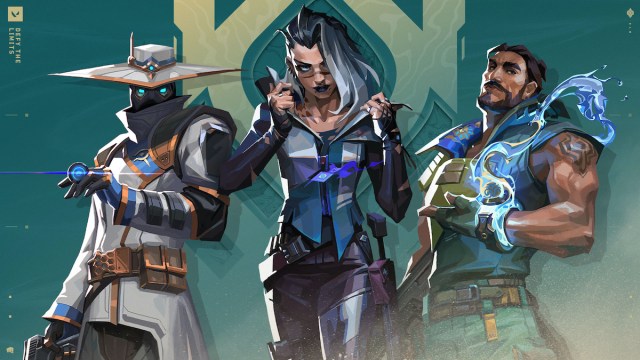
VALORANT agent tier list Episode Nine, Act Three (December 2024)
Our tier list is subject to change with every agent update, so we’ll keep updating this story to reflect the meta as it changes.
| S Tier | Jett, Cypher |
| A Tier | Raze, Gekko, Omen, Clove, Killjoy |
| B Tier | Phoenix, Neon, Skye, KAY/O, Fade, Sova, Brimstone, Deadlock |
| C Tier | Iso, Breach, Astra, Viper, Vyse, Chamber, Sage |
| D Tier | Reyna, Yoru, Harbor |
S Tier: Jett, Cypher


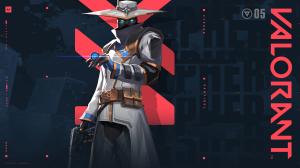
Let’s talk about the cream of the crop. While you definitely aren’t invincible when playing them, these agents are the best of the best and can blend into any composition on any map.
Jett
Jett has always been one of the best VALORANT agents to play ever since the game was released in 2020. In fact, she was once a broken agent with powerful agile abilities that had little to no disadvantage. Riot nerfed her multiple times over the years to bring some balance, and yet she continues to be the most reliable duelist agent.
Her unique and fast dash and updraft mechanics literally gives her a get-out-of-jail-free card and lets her be an auto rifle and sniper expert at the same time. While she can be a bit hard to master as a beginner, if you manage to learn how to time and utilize her abilities properly, Jett simply has no competition in value.
Cypher
After years of being a neglected agent, Cypher rose up the popularity ladder with a number of exciting buffs throughout 2023. The changes have made him significantly stronger than his sentinel peers. He’s a viable pick on every map in the current rotation, making him an S-tier pick for sure. All his abilities except his ultimate are range-free and built to offer excellent value when used unpredictably.
For instance, with his traps placed and Spy Cam installed, Cypher can easily lurk and pressurize enemies from an unexpected position, thus setting up his team for success. His abilities are great sources of intel too. Not to forget, he can lock down sites like a champ on defense, making him the perfect anchor. What else do you need from a sentinel?
A Tier:

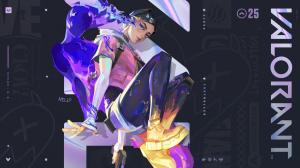
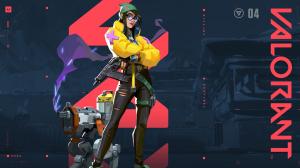
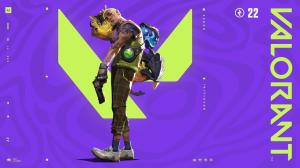
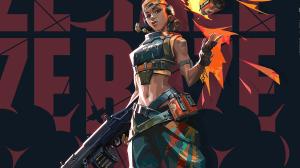
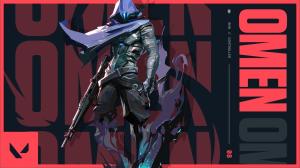
These are the most reliable agents after Jett and Cypher, featuring high pick and win rates across most ranks and in pro play too.
Raze
Raze is one of the most fun agents to play in VALORANT. Her kit is agile and explosive, featuring abilities that can take space and punish stubborn enemies at the same time. Like Jett, she can be hard to master. It isn’t easy to land perfect satchels and enter a site while keeping yourself alive. But if you manage to get the hang of her movement mechanics—which requires a decent amount of practice in custom games—and her bombastic ultimate—Showstopper—that’s all you need to keep your enemies on their toes.
Gekko
Having received multiple tweaks since his release, Gekko has slowly become one of the most versatile initiators in the game. From rechargeable flashes and stuns to an ultimate that scouts, clears space, and detains, he has everything you’d need from a reliable support agent. Not to forget, he has a Wingman who can plant and defuse the Spike, giving your team a crucial man advantage.
Gekko has a unique mechanic that lets him “pick up” dormant globules of his abilities. When picked up successfully, those abilities recharge in 10 seconds. Due to this, he’s also the only VALORANT agent who can use their ultimate ability twice in a single round.
Omen
Omen has been an S-tier controller agent for a long time, but Patch 9.10’s nerfs forced me to pull him down by a tier. You can no longer throw some of the best one-way smoke placements that were only possible with his Dark Cover. But setting this disheartening nerf aside, he still has a very capable set of space-controlling abilities, including one that nearsights and deafens enemies and others that let him easily teleport to unexpected places in a jiffy—hence an A.
Clove
I personally don’t prefer playing Clove in ranked games, but that doesn’t change the fact that they’re powerful. Despite being a controller, their selfish kit doesn’t have much to offer in terms of team support. But the biggest benefit to playing Clove is that they can deploy smokes for you even after death. In ranked games where players mostly embrace the aggressive approach and rarely change decisions, it’s a game changer. Not to forget, they can heal and give themselves some combat stim, as well as revive themselves. Terms and conditions apply, but that’s an excellent pseudo-duelist right there.
Killjoy
Killjoy was the most dominant sentinel agent in the meta for a long time before Cypher took the reign out of her hands. Regardless, she is still a viable sentinel on most maps. Unlike Cypher’s, her abilities are ranged, so you’d have some trouble with her in large maps like Breeze and Pearl. But not only are her trap placements much more unpredictable, but her Turret is also painfully annoying to deal with. Not to forget, a well-thought “microwave” setup with her Alarm Bot and Nanoswarm grenades can melt enemies in seconds.
Lastly, her ultimate can clear a huge space and punish stubborn enemies with detention, bringing excellent value.
B Tier:

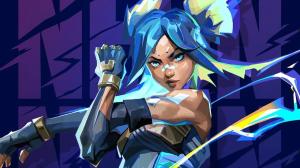
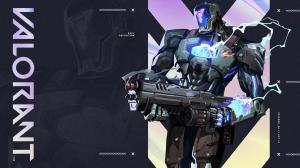
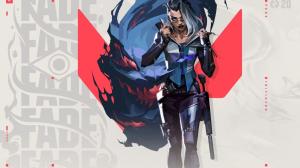
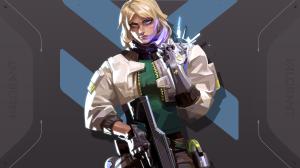
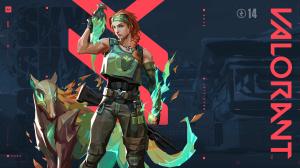
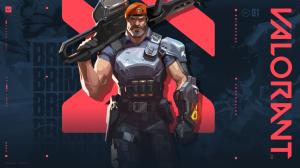
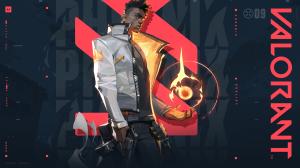
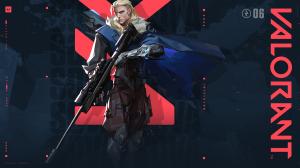
These are above average agents who can bring excellent value to a team, but only situationally and on certain maps.
Phoenix
Phoenix’s popularity has received a significant boost with his rework in Patch 9.10. His potent blinds have now become his signature ability, so their charges reset after every two kills. Besides this, his wall can now continue through structures and he no longer needs to be in constant touch with his fire to heal. All these changes have increased Phoenix’s independence, letting him take aggressive fights with more confidence.
His ultimate was always a strong one, so he’s definitely a good agent overall. That said, Phoenix has no movement abilities and this sentinel-centric meta favors an agile duelist. I’d rather have Jett or Raze on my team than the fire boy, no offense to him of course.
Neon
Despite having a situational ability set, Neon’s buffs in Patch 8.11 has made her an incredibly strong character. With Riot giving her two fully accurate slides and an energy bar that charges significantly faster, she can slide into an enemy’s face and shoot them down before they even get the chance to react.
In a game that promotes “precise gunplay,” the ability to shoot accurately while sliding definitely sounds broken. Imagine the havoc she can cause with a team of initiators and controllers supporting her. Well, Riot is planning to nerf Neon in an upcoming patch and if it’s too harsh, we may even see her drop a tier.
Skye
I’ve always loved how Skye’s abilities can be remote-controlled like no other initiator. You can bend her flashes to reach the most unexpected places and even troll enemies with fake ones. You get to control a Tasmanian Tiger who can scout for your team and stun an enemy—and even kill them if they are low and the hit is direct. Not to forget, she can also quickly patch up her teammates’ wounds with Regrowth.
Lastly, her ultimate is a great source of intel and can also hit enemies to nearsight and deafen them. Unfortunately, despite being her signature ability, her flashes don’t recharge anymore, curbing her potential greatly. Regardless, she’s still a great agent on certain maps and can prove to be an excellent support in the hands of an experienced VALORANT player.
KAY/O
KAY/O has the ability to suppress his enemies’ abilities, something that no other agent can offer. As powerful as that may sound, it’s difficult to find value out of him. For starters, lineups and unpredictability are must with his ZERO/POINT knife—or your enemies will almost always manage to break it. His flashes are incredibly potent, but you’d need to time them properly and know their mechanics well to throw a good one for the team. Simply put, he isn’t the easiest agent to master, but if you manage to do it, your enemies will shudder at your presence for sure.
Fade
Fade is scary to play against, thanks to her dark and intimidating abilities. Tagging an enemy with the Haunt recon or ultimate leaves a Trail and it isn’t just a source of intel—her Prowlers can latch onto a Trail and find the enemy automatically, so you don’t need to show them the path either. Siege, her second basic ability, decays and restricts caught enemies to a point, so it’s exceptionally strong when used in combination with other damage-inflicting abilities.
Lastly, her ultimate covers a huge area, decaying and deafening anyone caught in the nightmare. As powerful as her abilities can be in the hands of an experienced player, however, she’s very team dependent and is only viable on certain maps. Also, lineups for her Haunt and Siege are a must.
Sova
While he is quite beginner-friendly, Sova has a slow playstyle, which isn’t in line with how ranked games are usually played these days—aggressive and fast. He’s a popular choice in pro play, however, and for obvious reasons: His kit is well-balanced and very supportive, offering versatile intel-gathering and deterrent abilities. He is excellent in a serious team that plays together and thoughtfully. But his pace makes it hard for ranked players—who usually don’t have the patience for coordination—to find value with him. Moreover, he is only a viable pick on a couple of maps in the current ranked rotation.
Brimstone
Want fast long-lasting smokes? Brimstone’s your guy. But there’s a catch. While every other controller has rechargeable vision blockers, Brimstone’s Sky Smokes are non-rechargeable and you can have only three of them in the entire round. Besides this huge drawback, however, you have a fiery molotov ability that deals a lot of damage and a potent ultimate that can easily deny your enemy’s plan when used properly. He can also offer powerful combat stim to allies with his Combat Stim.
As tempting as the rest of his abilities are, his non-rechargeable smokes can leave you feeling empty in the middle of the round, so definitely a B.
Deadlock
Deadlock was once considered one of the weakest VALORANT agents, but with Riot giving her a number of buffs and players learning to use her situationally powerful abilities to their advantage in the current meta, things have changed. The star of her kit is her free Barrier Mesh wall that can be used in a range of situations to discourage enemies.
Her Sound Sensors aren’t built to watch flanks, but they’re incredibly annoying to deal with in defensive or post-plant setups when placed unpredictably. GravNet is an excellent ability too, letting you punish enemies by not only limiting movement but also forcing them to crouch. Her ultimate, however, is extremely difficult to find value with, unless you know some quirky lineups.
C Tier:


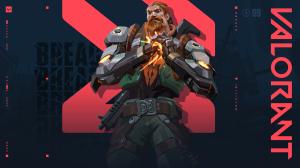
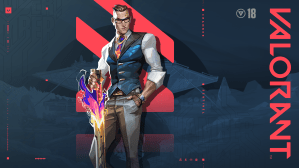
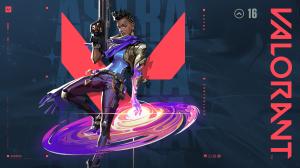
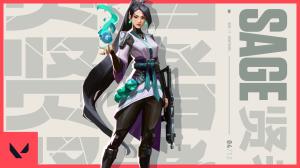
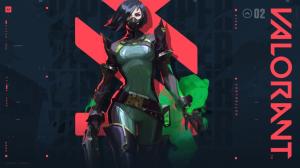
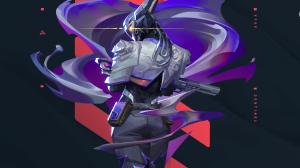
These agents are definitely not the best picks in the game at the moment, but they can be successful if played to their strengths. Most of them are difficult to master, so you’d need to have a lot of hours on them to achieve the badge of experience.
Iso
Your success with Iso is heavily dependent on how good you’re with guns. If you’ve good aim and cross placement, he can be a good agent for your ranked games. His selfish kit is simple to understand and lets you focus on just securing kills under your name. Not to forget, his slap-on shield is a direct counter to any damage-inflicting ability or weapon in the game.
If you prefer playing for the team, however, you’d be better off choosing a duelist like Jett, Raze, or Neon. Iso lacks agility, greatly limiting him against sentinels like Cypher, Deadlock, Vyse, and Killjoy. His basic abilities are situational too, making it difficult for him to claim space like other duelists can.
Breach
While all initiators in this game sport a steep learning curve, none of them is as difficult to play as Breach. Although, a good enemy Breach can leave you wanting to pull out your hair. His kit offers powerful crowd control, deterrent and blind abilities, making him one of the most annoying initiators to play against. That said, players can learn how to dodge his abilities pretty quick, so you’d have to know how to time his abilities well.
Breach caters to fast and aggressive playstyles but can’t do much without team coordination. Also, he’s only viable on closely spaced maps.
Astra
Riot finally gave Astra back her fifth star in Patch 9.05, but that didn’t make her kit any less complex. While she offers a range of useful support abilities and can control a map from any corner of it, even the most experienced players steer clear of picking her due to her intricacies. Not to forget, it’s pretty difficult to place her stars timely and find value with her abilities: It requires a lot of team coordination, again. Astra is only for those who main her, but if you learn how to capitalize on her global powers, you’d be unstoppable.
Viper
After her disheartening nerfs in Patch 8.08, Viper’s popularity has fallen drastically. She is now the second least picked agent on ranked, right above Harbor. As an ex-Viper main, it has been painful to watch her demise. But while she’s no longer a viable solo controller, she’s still strong in double controller setups where she can take on the role of a pseudo sentinel. Unfortunately, the double controller trend is only common in pro play.
To top it off, none of Viper’s best maps are in the rotation at the moment, so you’d be better off mastering other controllers.
Vyse
Vyse, the latest agent in VALORANT, is yet to carve a niche for herself in the meta. Her manually placeable blind equipment and damage inflicting thorns are powerful, but using those abilities timely before the enemies destroy them is the main challenge: It requires a lot of playtime and experience. Her wall can be used creatively to dumbfound enemies, but if spotted, enemies can bait it out easily.
Lastly, her ultimate, despite covering a huge area, is surprisingly easy to dodge due to its windup time. At this point, why wouldn’t I go with Cypher, Killjoy, or even Deadlock?
Chamber
Once a broken agent, Chamber has suffered through devastating nerfs to his kit, leaving him as good as dead at that time. Riot has, since then, tried buffing him back to a balanced state, but not exactly as we’d like. His Rendezvous teleport recently received a huge range buff, letting him commit to riskier moves and even secure a kill or two in the process. Both his weapons are potent in the hands of a mechanically excellent player.
As a sentinel, however, Chamber lacks intel-gathering capabilities. While his teleport does offer some lurking potential, he’s more aptly a pseudo duelist. The only sentinel-like ability he has, Trademark, doesn’t have enough range or charges. Buffing his trap’s range could help enhance his sentinel capabilities and make him a viable pick against Cypher or Killjoy, but he’s a little underwhelming for the meta at the moment.
Sage
Despite her popularity among low Elo players, Sage’s kit is pretty lacklustre. She doesn’t offer any intel-gathering utilities unlike her peers. She is popular for having a strong healing ability, but her strongest ability is the Barrier Orb. You can place quirky walls to reach unpredictable spots and angles on a map and snipe unsuspecting enemies.
When used in combination with her Slow Orbs, her wall can successfully stop a push—but only for a while. Her kit doesn’t offer any ability to watch flanks, which is a dealbreaker. Her ultimate, Resurrection, can revive a dead player, which can sometimes change the tide of a round. Then again, most players would rather have Cypher’s Neural Theft or Killjoy’s Lockdown for greater value.
D tier: Reyna, Yoru, Harbor

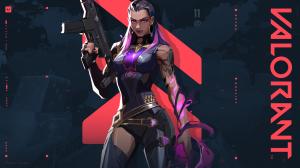
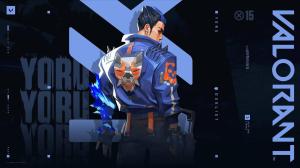
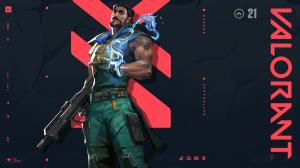
These agents are certainly not unplayable, but they’ve got some pretty significant disadvantages. Choose wisely and according to your expertise.
Reyna
Reyna has always been a hotly debated agent because of her popularity among smurfs and cheaters, but that doesn’t change how good her carry potential is. If you’ve got good mechanics, picking Reyna should get you the match MVP almost every time and get you up the ladder in no time. She’s also pretty beginner friendly. So, why is she in the D tier?
As powerful as her overheal and dismiss may appear, Reyna has the most selfish kit among all agents, with nothing to offer to her team except her Leer blind. If a Reyna main is having a bad game, they can literally go AFK and it won’t make a difference to the team. Despite being such a hit-or-miss character, Reyna enjoys one of the highest pick rates on VALORANT ranked. In pro play, however, she’s at the bottom of the barrel.
Yoru
Playing Yoru requires a lot of practice and luck. He’s a trickster, so it totally depends on what your play is and how vigilant the enemy is about your potential. A good Yoru player is a pain to play against, but he’s also a hit-or-miss agent. You also need to communicate your thoughts with the team, so they can catch up with your unpredictable teleports—or you’ll be left in the middle of enemy territory with no cover.
Yoru isn’t viable as a solo duelist either. His focus on deceiving his opponents can leave his team yearning for someone like Jett or Raze who can enter and take space for them. He can, however, do well in combination with an agile primary duelist in an aggressive team composition.
Harbor
Harbor is currently the least popular VALORANT agent on ranked as he has been for a long, long time. As a controller, Harbor offers a below-average set of abilities. He does have a flexible wall that can be bent to cover multiple chokepoints and also slows enemies down for a moment. But that’s about it. His Cascades aren’t always discouraging enough to push enemies back, making it difficult for the team to dig out space. His Cove has bullet-bending properties, but it can be shot down almost instantly.
Most of his kit is focused on blocking the enemy’s vision, unlike other controllers who offer a variety of abilities beyond smokes. His ultimate is a good source of intel but doesn’t do much to uplift his overall lackluster kit. Some one-tricks may make him seem very strong at times, but truth be told, Harbor’s state certainly calls for a rework.
How we determine our VALORANT agent rankings
Our VALORANT agent tier list gives an insight into the best and worst agents with respect to multiple factors, including pick and win rates, map pool, the pro play meta, and more.
While our tier list is thoughtfully compiled, don’t let it demotivate you from mastering your favorite agent. In fact, no VALORANT agent is bad per se: They may be difficult to find value with or have a quirky independent playstyle, making them an unpopular choice. With enough practice and mastery, however, you can become a one-trick and own your enemies, even with a D-tier agent. Then again, some agents are just easier to work with than others, so keep that in mind.


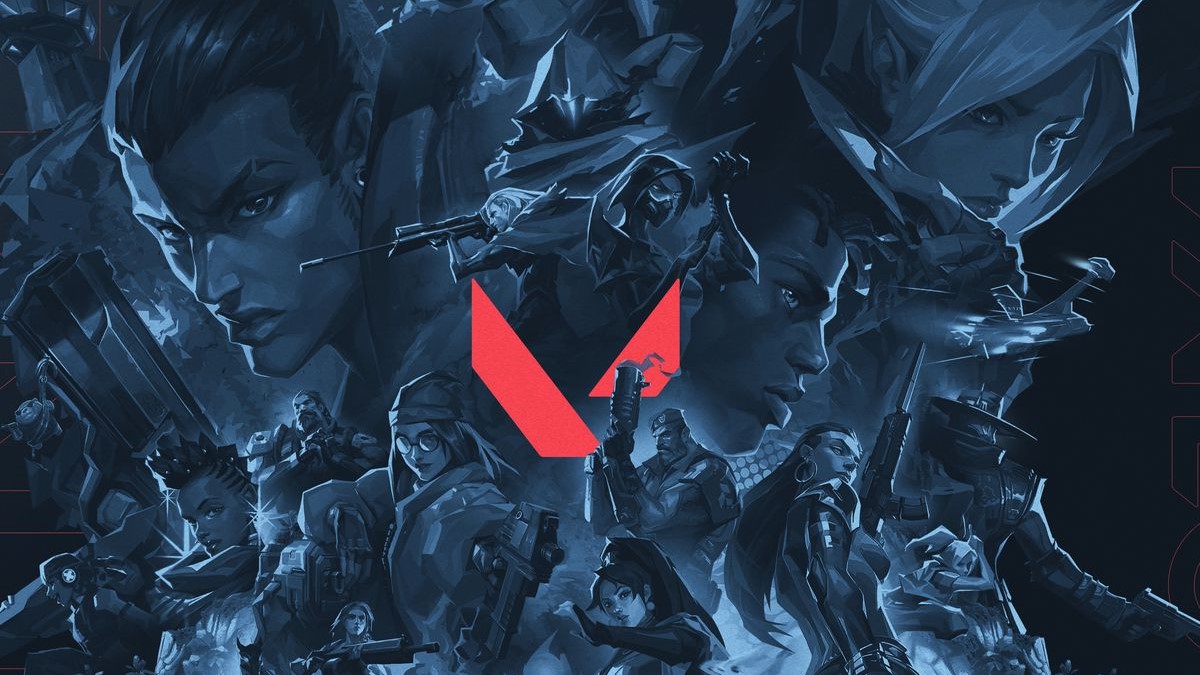
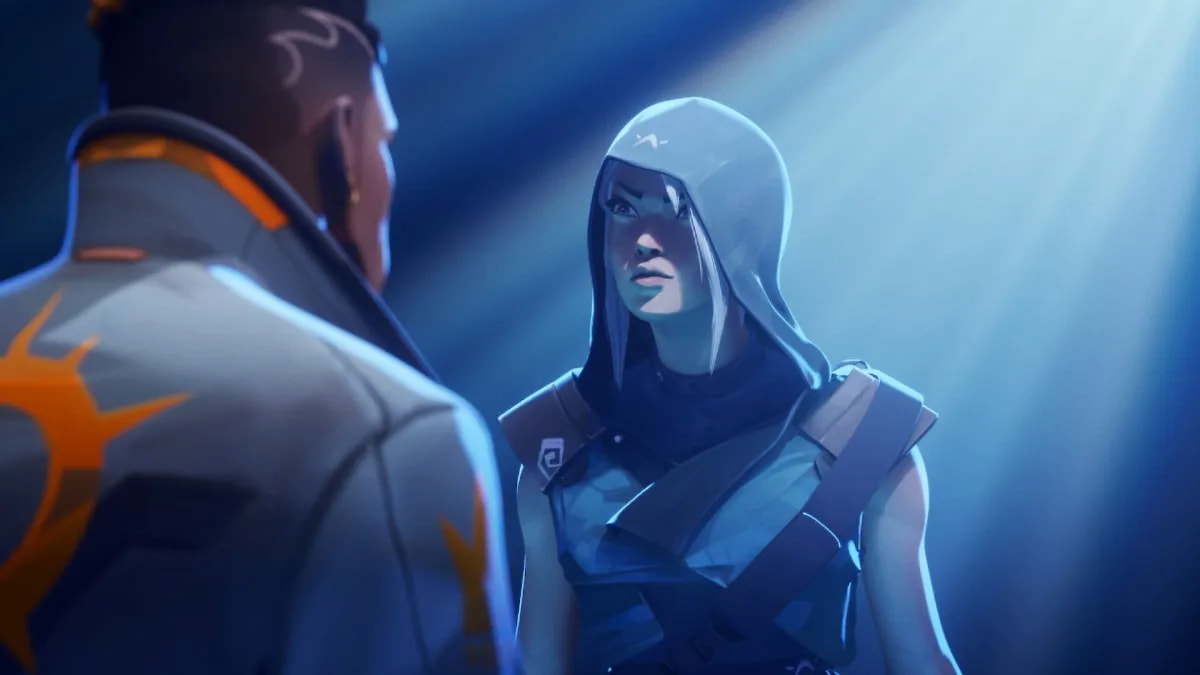
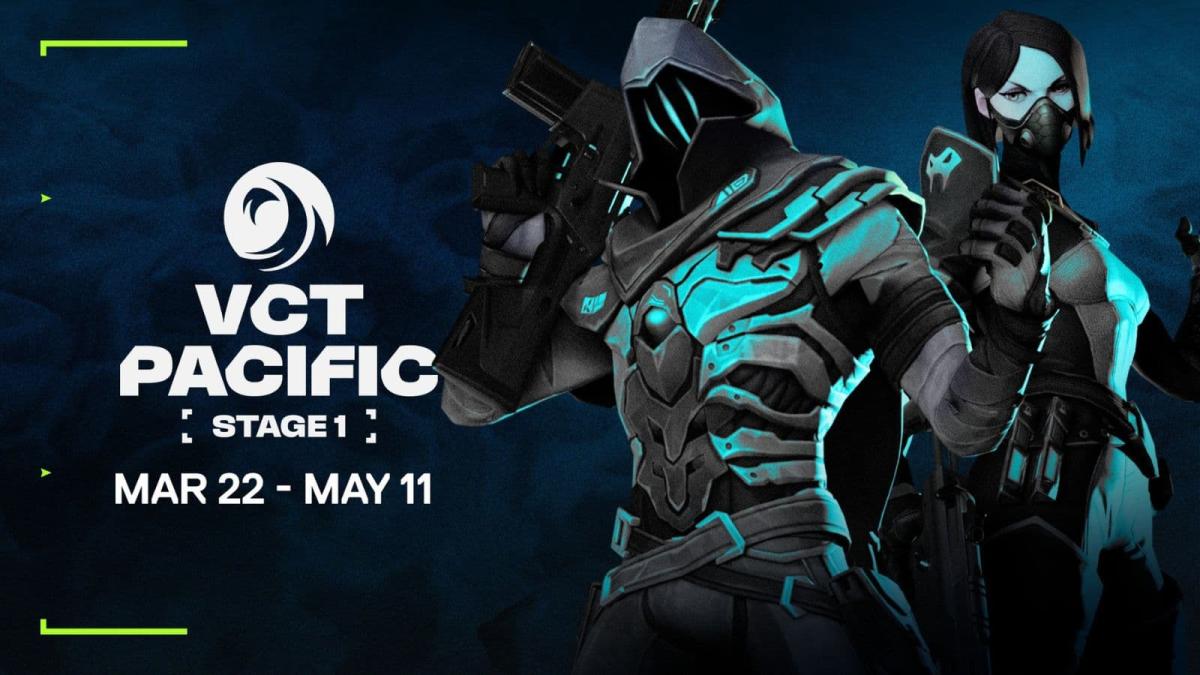
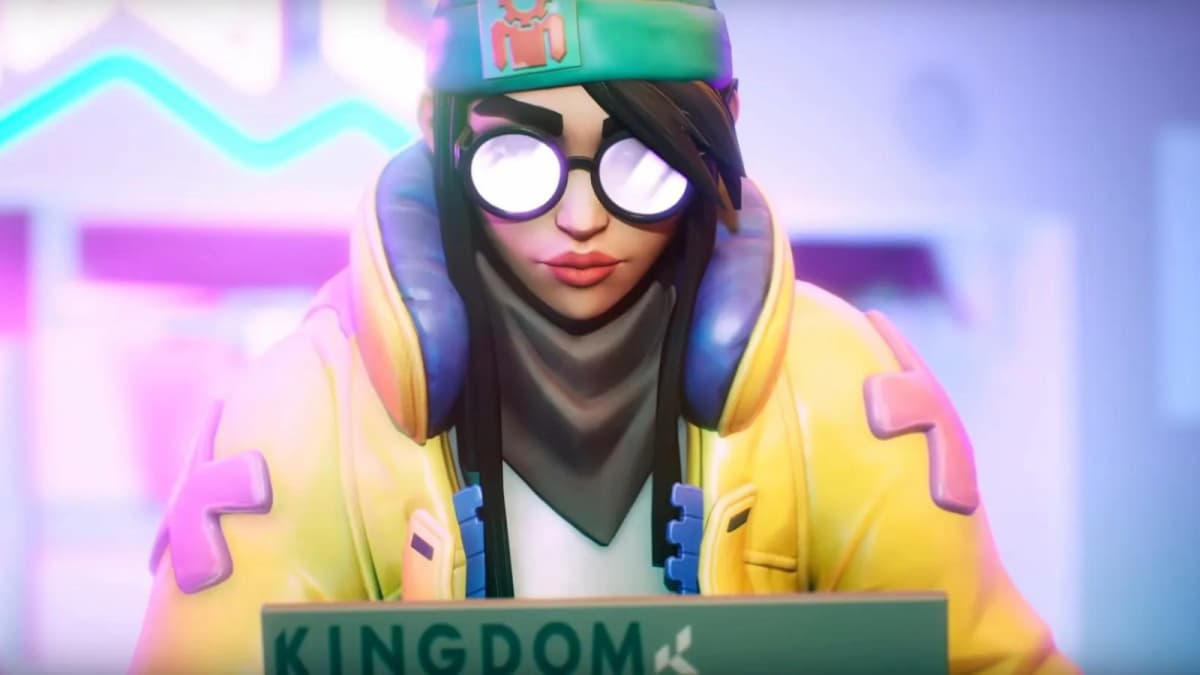
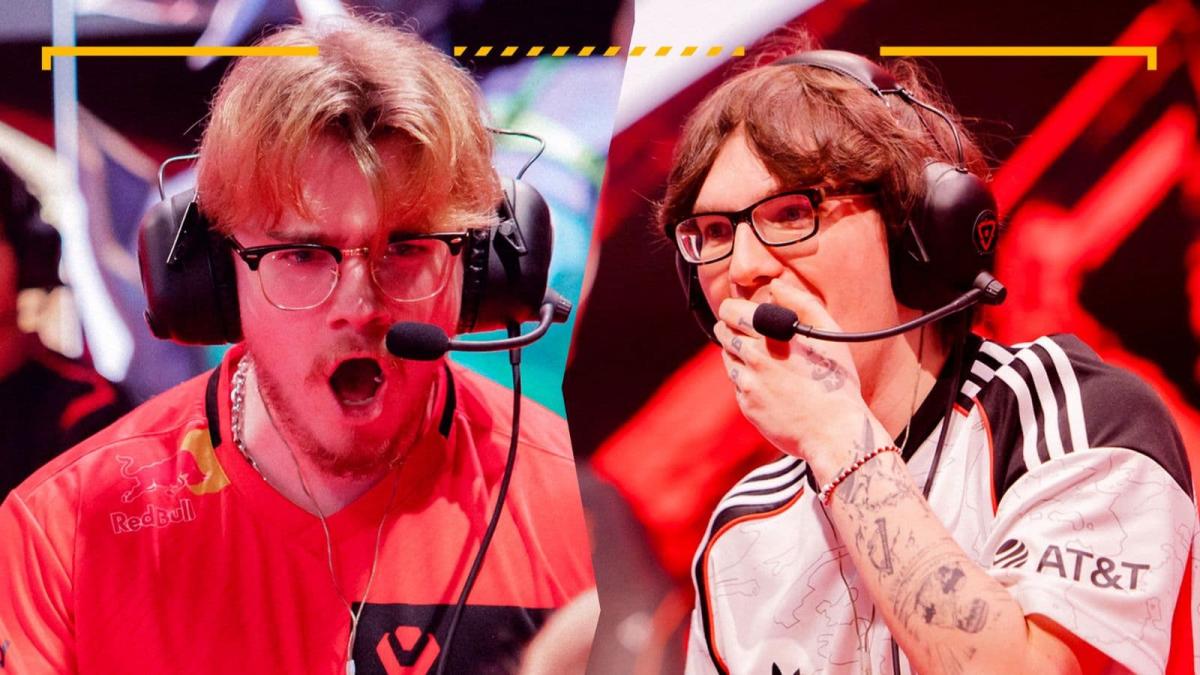
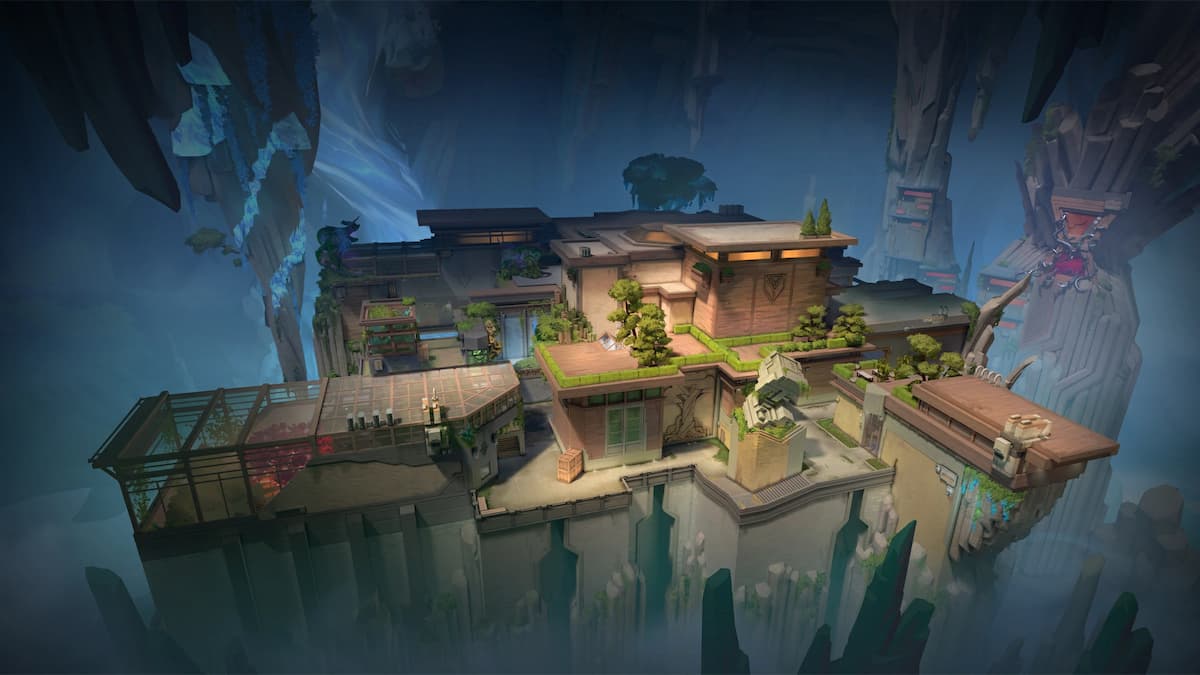
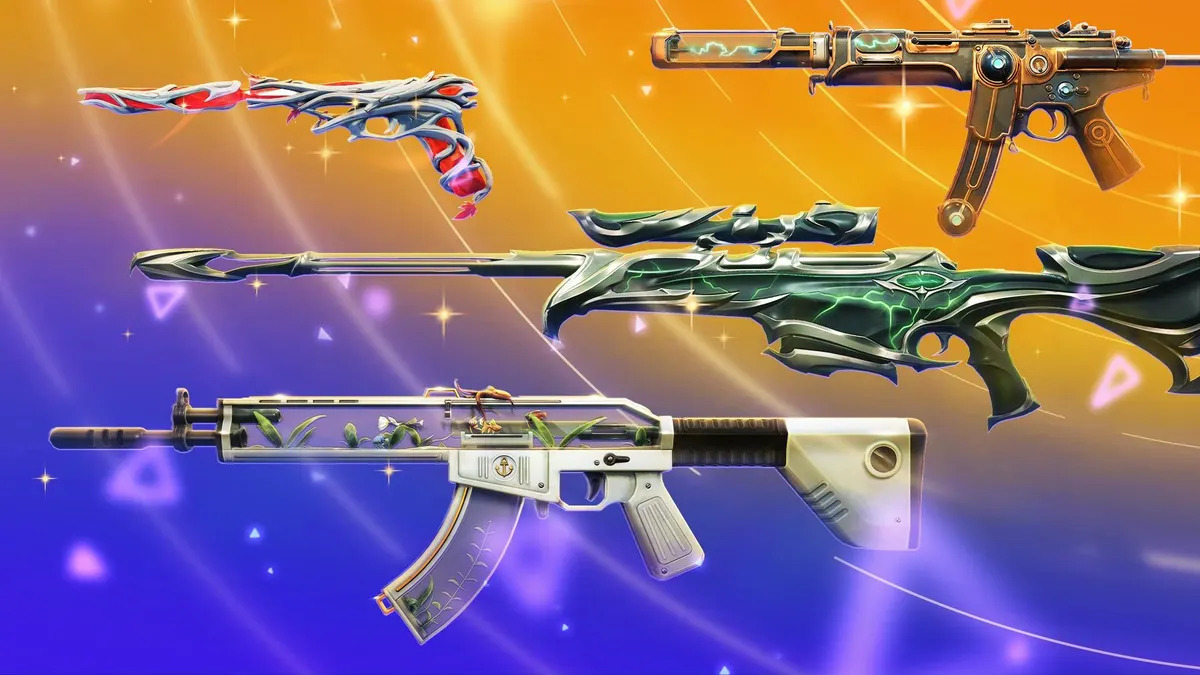
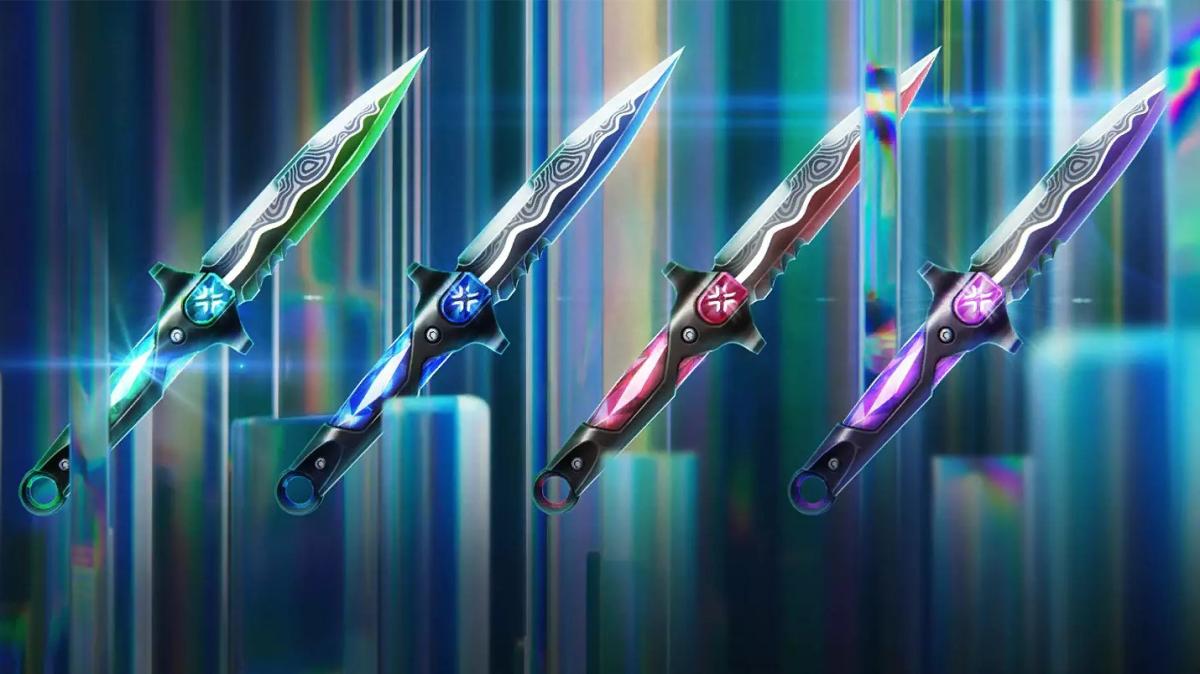
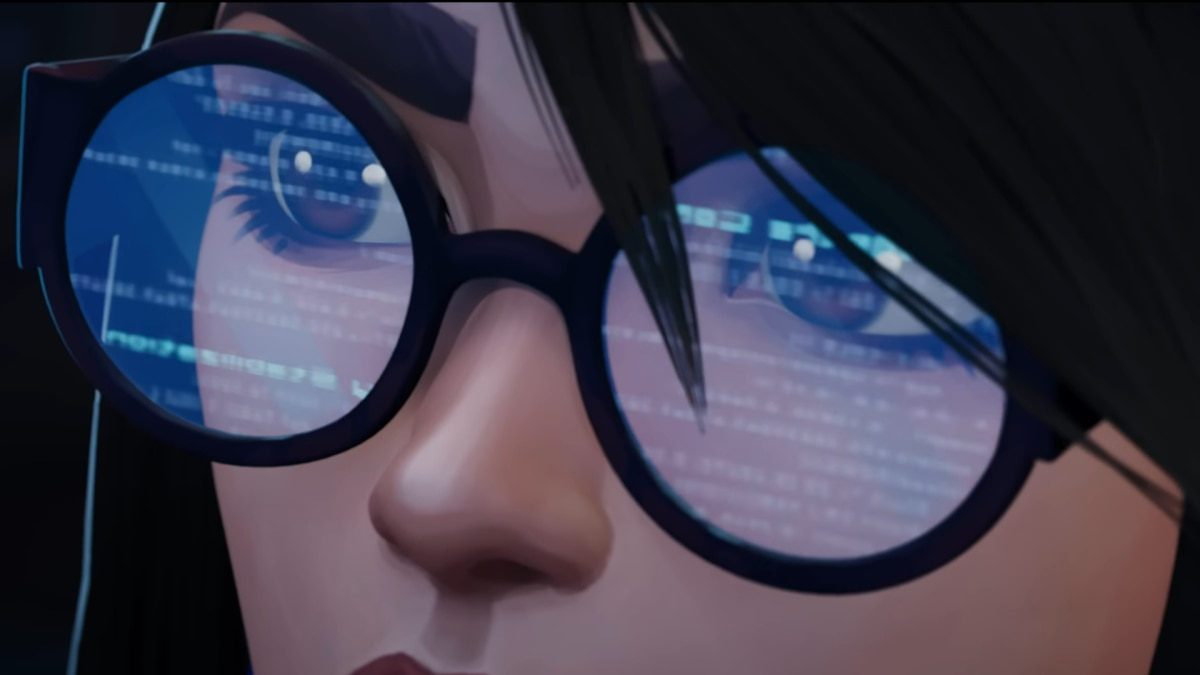
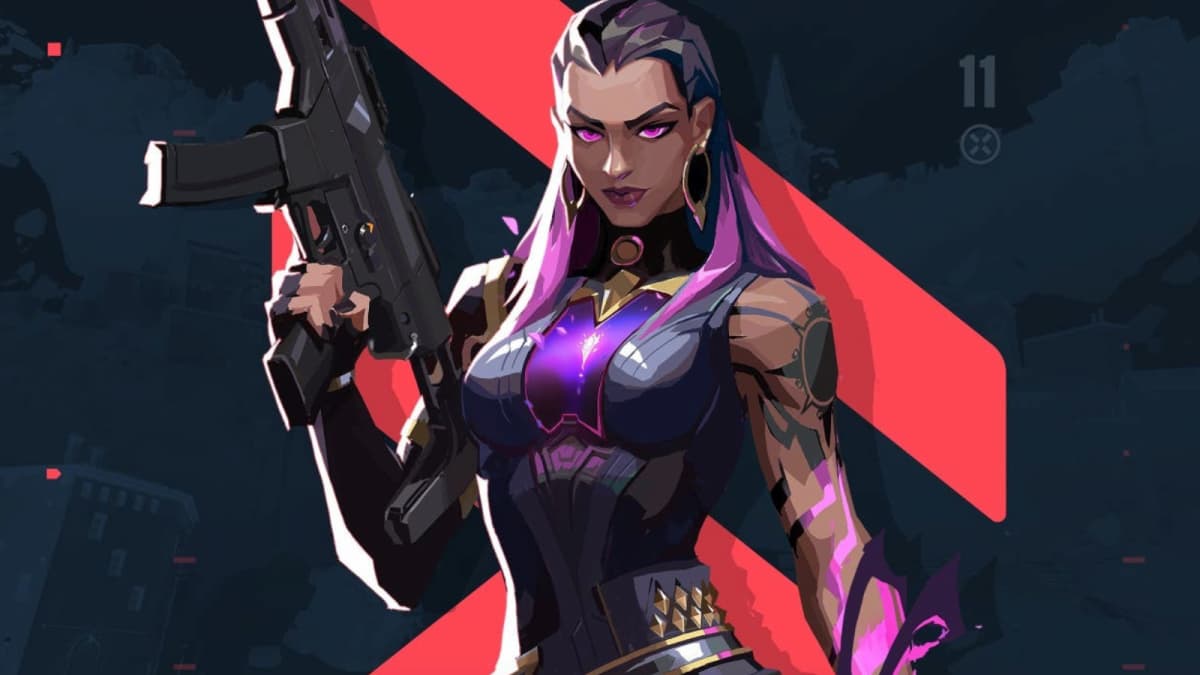
Published: Nov 28, 2024 12:23 pm